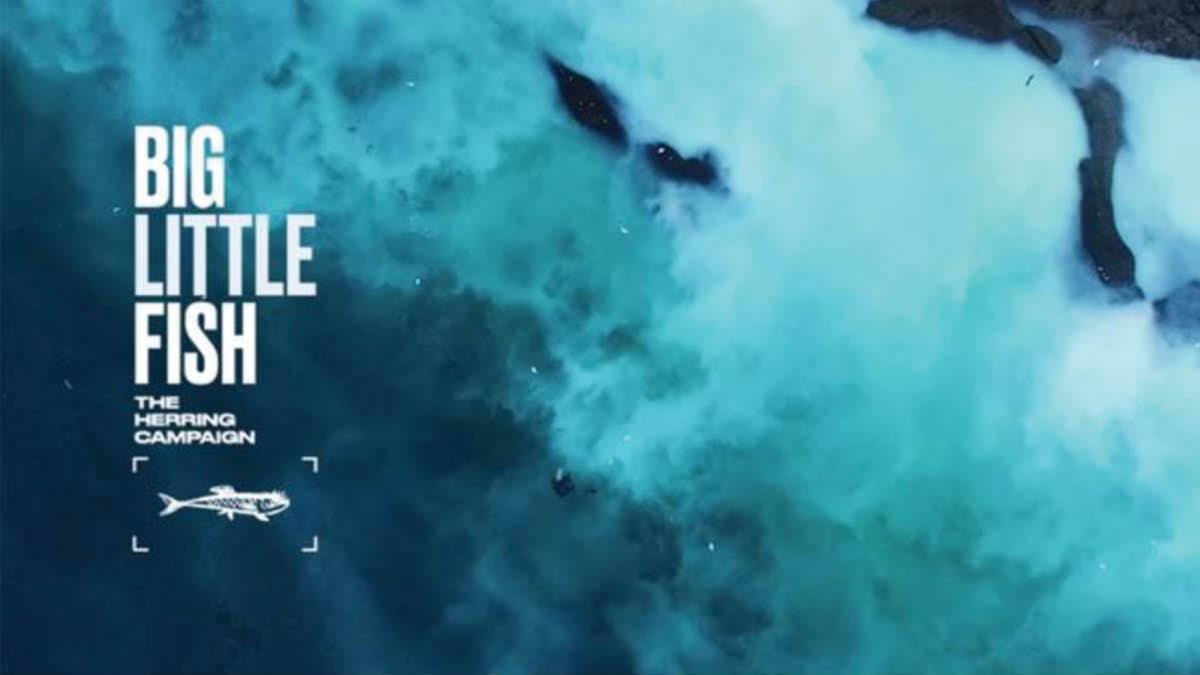
The sun beams down as you stroll through a myriad of farm fresh vendors. Vibrant colours of freshly picked fruits and vegetables surround and entice you. As you fill your tote with a cornucopia of smells and tastes you are part of the community here. You know exactly where your potatoes were picked and apples plucked, and by whom. This deeper connection to your food translates into your mental and bodily health. Now think about the last time you bought clothing. Was the person selling you that clothing just as stoked about those items as the farmer at the market selling her produce? Do you know where that clothing came from? What exactly is in that t-shirt, or those sweatpants? What effect does that clothing have on the environment, and you?
Your food choices each day affect your health. At Ecologyst, we believe the clothing you choose to put on your body is just as important. Just as we shop in the organic aisle at the grocery store or head to the farmer’s market with our reusable tote bags, we should be conscious of the materials on our clothing tags, asking, “What is this made of and where did it come from?”
For the vast majority of people their wardrobes equate to a diet of chips, candy, and artificial flavouring. Ecologyst is going to explore what it really means to read our clothing labels like our food labels. Our goal is to inspire people to ask the hard questions and get curious about the products they buy.
Why Wool?Natural, Renewable, Biodegradable, Thermoregulating, Hygroscopic. Wool is the world's first technical performance fabric. Ecologyst takes you from sheep to shirt, explaining everything you need to know about wool.
Organic CottonHow can something so durable and strong feel so comfy and soft? It’s the magic of organic cotton. Free from toxic chemicals and pesticides, Ecologyst’s organic cotton is milled in Canada. It’s certified, meaning it meets strict ecological and social criteria across the entire textile supply chain.
More than 60% of the world’s textiles contain Synthetic and Petrochemical fibres. According to CFDA (Council of Fashion Designers of America) over 346 million barrels of oil are used every year to make them. And when you wash those synthetic fabrics billions of plastic particles are released into our oceans every day
Ventile: Naturally WaterproofOriginally designed for fighter pilots in WWII this fabric is organic, and naturally hydrophobic. By being 100% organic cotton Ventile is a technical fabric that saves 218 billion litres of water during production by eliminating pesticides and chemicals.
Tencel: Synthetics of the FutureWood into fabric? Cellulose fibres of botanic origin are the future of sustainable synthetics. Tencel is a breathable, durable fabric that recycles the water used in production and avoids harsh chemicals. Ecologyst is stoked to introduce our Tencel collection this Spring made from sustainably sourced Eucalyptus trees.
When we set out to build our own factory here in Victoria, B.C. we knew we would face challenges. Just over one year on and we are expanding more than ever!
Makers & CreatorsCraftspeople, makers, creators, and mills. Meet the people behind the movement. From Olann’s hand knitted sweaters, to the history and beauty of American Woolen Company.
Be sure to like and follow us on our Facebook and Instagram accounts as we explore this series. Don’t miss out on pre-releases, discounts and new content we are working on for you. Sign up for our email updates at the bottom of the page!










